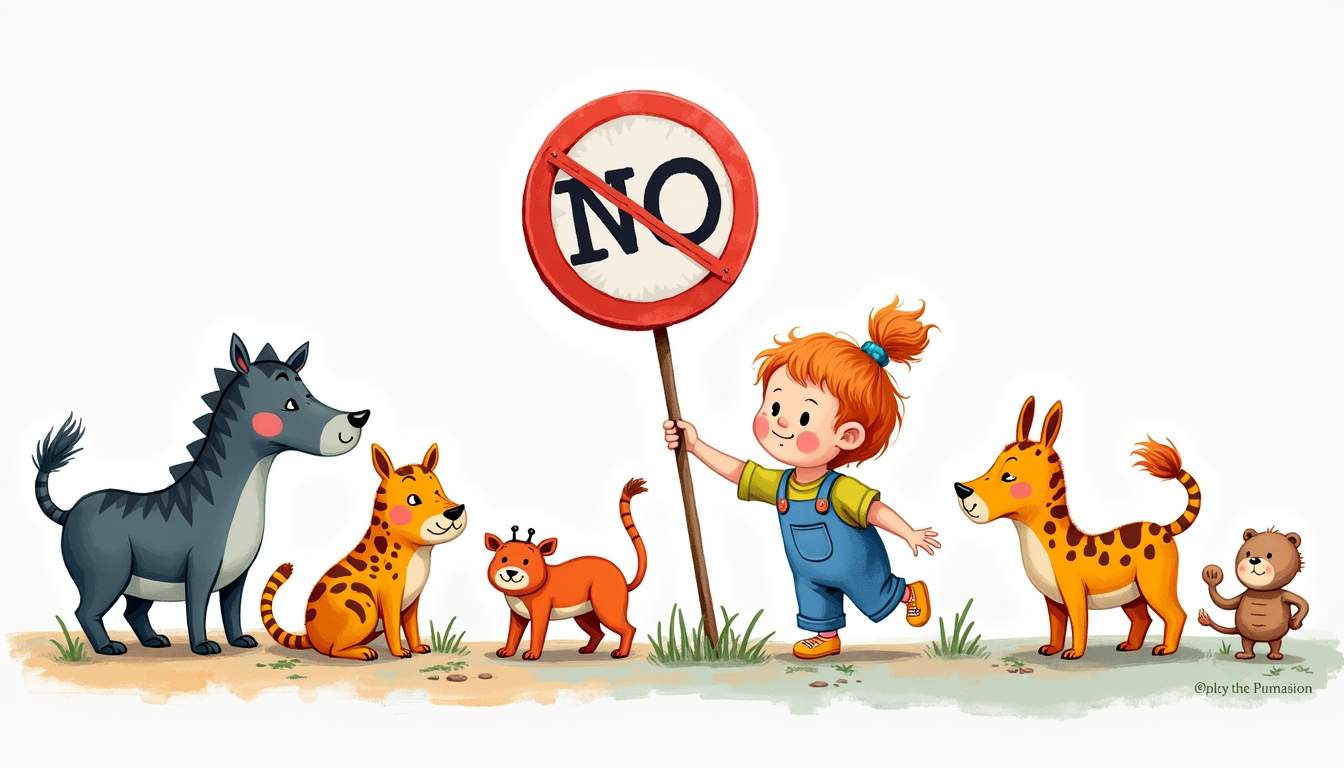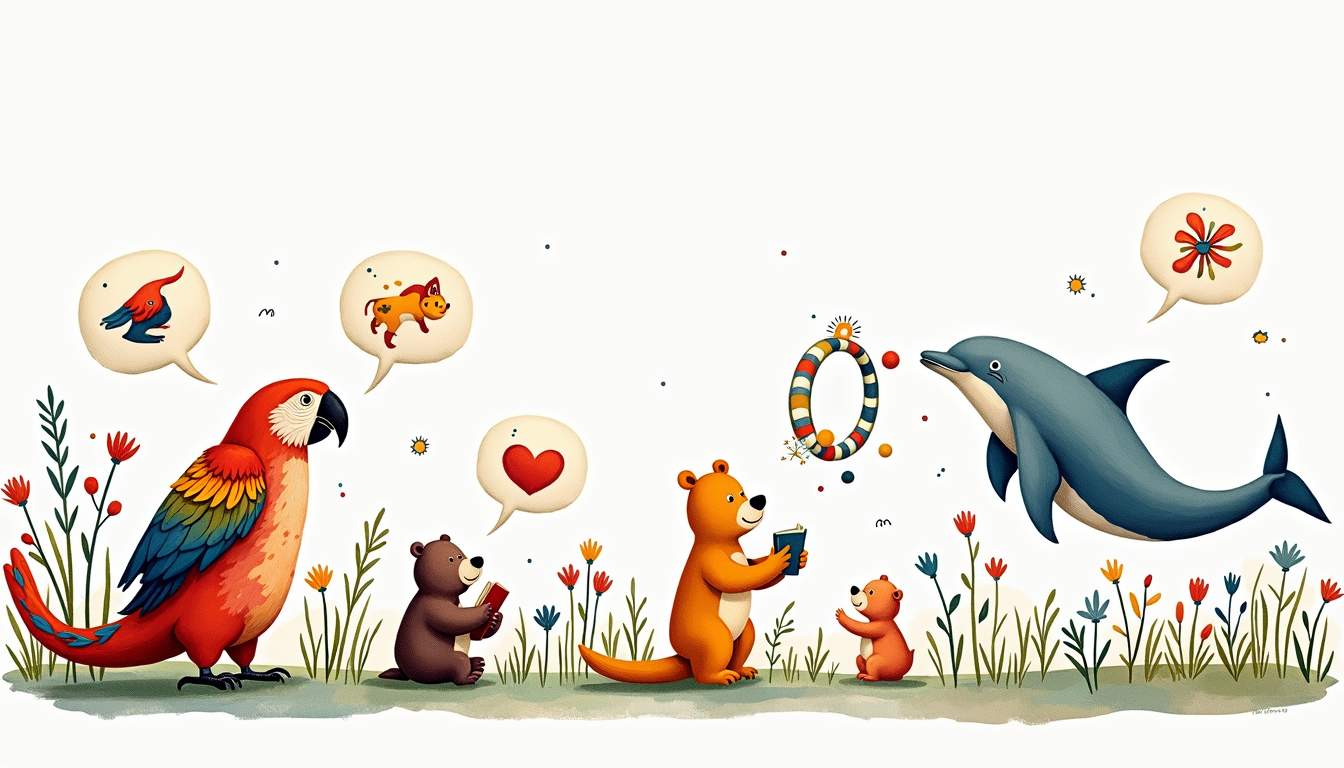Parenting a toddler can be both rewarding and challenging. In New Jersey, where families often juggle busy schedules, understanding toddler development is crucial for fostering a nurturing environment. This article aims to provide valuable insights into the various stages of toddler growth, essential milestones, and practical tips for parents navigating this exciting phase.
Understanding Toddler Development Stages
Toddler development is typically divided into several stages, each marked by unique milestones and behaviors. From the moment a child turns one until they reach three years of age, they undergo significant physical, emotional, and cognitive changes. Recognizing these stages can help parents support their child’s growth effectively.
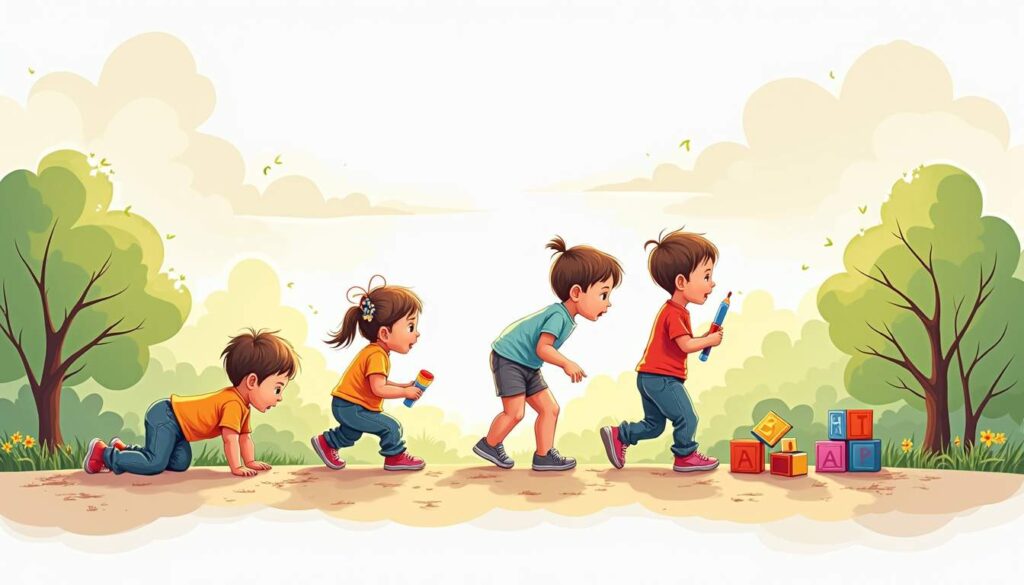
Physical Development
During the toddler years, children experience rapid physical growth. By the age of two, many toddlers can walk, run, and climb with increasing confidence. Fine motor skills also begin to develop, allowing them to manipulate small objects, draw, and even feed themselves.
Parents should encourage physical activity by providing safe spaces for exploration. Outdoor play, such as running in parks or climbing on playground equipment, is essential for developing gross motor skills. Simple activities like stacking blocks or playing with playdough can enhance fine motor skills. Additionally, participating in structured activities like toddler gymnastics or dance classes can further promote coordination and balance, while also introducing children to the joy of movement in a fun and engaging way.
Would you like to check out one of the top-rated childcares in New Jersey? Schedule a tour with us!
Cognitive Development
Cognitive development in toddlers involves significant advancements in thinking and problem-solving abilities. Children begin to understand cause and effect, recognize familiar objects, and engage in imaginative play. This is also the stage where language skills blossom, with many toddlers expanding their vocabulary rapidly.
To support cognitive growth, parents can read to their children daily, engage in conversations, and provide opportunities for creative play. Simple puzzles, shape sorters, and interactive games can stimulate a toddler’s mind and encourage curiosity. Moreover, introducing basic concepts such as colors, numbers, and letters through playful activities can lay a strong foundation for future learning. Activities like singing songs with repetitive lyrics or playing rhyming games can also enhance language skills while making learning enjoyable.
Emotional and Social Development
Emotional and social development is equally important during these formative years. Toddlers start to express their feelings more openly and may experience mood swings as they navigate their emotions. They also begin to form attachments to caregivers and peers, which is critical for developing social skills.
Encouraging playdates and group activities can help toddlers learn to share, take turns, and communicate with others. Parents should model positive emotional expression and provide a safe space for their children to express feelings, fostering emotional intelligence. Additionally, teaching toddlers to identify their emotions through simple language and visual aids, such as emotion charts, can empower them to articulate their feelings better. Engaging in role-playing scenarios can also help toddlers practice empathy and understand different perspectives, which is vital for their social interactions as they grow.
Key Milestones to Watch For
Tracking developmental milestones can help parents gauge their child’s growth and identify any areas that may need additional support. While every child develops at their own pace, certain milestones are typically reached by specific ages.
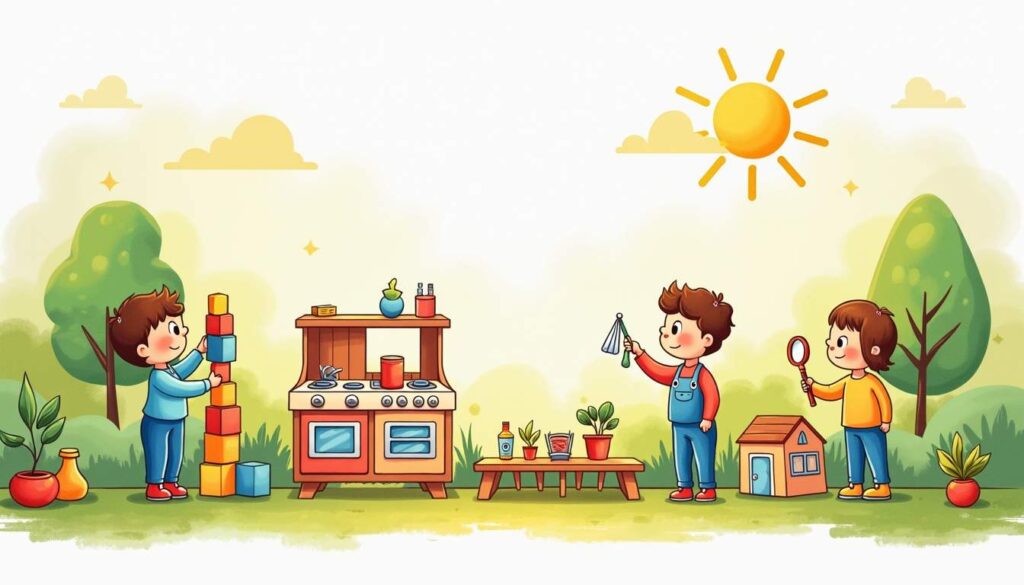
Language Milestones
By 18 months, many toddlers can say a few words and understand simple instructions. By the age of two, they often can combine words into simple sentences. Parents should encourage language development through reading, singing, and engaging in conversations.
It’s important to note that some children may develop language skills more slowly than others. If there are concerns about a child’s speech or language development, consulting a pediatrician or speech therapist can provide guidance and support.
Social Milestones
Social milestones include the ability to engage in parallel play, where toddlers play alongside but not directly with other children. By age three, many toddlers begin to engage in cooperative play, sharing toys and taking turns. Parents can foster these skills by arranging playdates and encouraging group activities.
Watching for signs of social anxiety or difficulty interacting with peers is essential. If a child appears withdrawn or struggles to engage with others, it may be beneficial to seek advice from a child psychologist or counselor.
Physical Milestones
Physical milestones include walking, running, and climbing by age two. By age three, many children can hop on one foot, kick a ball, and begin to use utensils with more skill. Encouraging outdoor play and providing safe opportunities for physical activity is crucial for developing these skills.
If a child is significantly behind in physical milestones, parents should consult a pediatrician to rule out any underlying issues. Early intervention can make a significant difference in a child’s development.
Creating a Supportive Environment
A nurturing environment is essential for promoting healthy toddler development. Parents can create a supportive atmosphere by establishing routines, providing a variety of learning opportunities, and fostering open communication.
Establishing Routines
Routines help toddlers feel secure and understand what to expect throughout the day. Consistent meal times, nap times, and bedtime rituals create a sense of stability. Parents should aim to maintain a flexible routine that allows for some spontaneity while providing structure.
Incorporating playtime into the daily routine is also important. Designating specific times for play, whether it’s outdoor exploration or creative indoor activities, can help children develop essential skills while having fun.
Providing Learning Opportunities
Learning opportunities should be varied and engaging. Parents can introduce educational toys, books, and activities that promote exploration and creativity. Simple science experiments, art projects, and nature walks can stimulate curiosity and encourage a love of learning.
Additionally, exposing toddlers to different environments, such as museums, parks, and community events, can broaden their horizons and enhance their understanding of the world around them.
Fostering Open Communication
Encouraging open communication is vital for emotional development. Parents should actively listen to their toddlers and validate their feelings, helping them learn to express themselves effectively. Using simple language and asking open-ended questions can promote dialogue and strengthen the parent-child bond.
Modeling positive communication skills, such as using “please” and “thank you,” can also teach toddlers about respect and kindness in interactions with others.
Would you like to check out one of the top-rated childcares in New Jersey? Schedule a tour with us!
Addressing Common Concerns
As toddlers grow, parents may encounter various concerns related to their development. Understanding these issues and knowing when to seek help can make a significant difference in a child’s growth and well-being.

Behavioral Challenges
Behavioral challenges, such as tantrums and defiance, are common during the toddler years. These behaviors often stem from frustration as toddlers learn to navigate their emotions and desires. Parents should approach these situations with patience and empathy, recognizing that this is a normal part of development.
Implementing consistent discipline strategies, such as setting clear boundaries and using positive reinforcement, can help manage challenging behaviors. If behavioral issues persist or escalate, seeking guidance from a pediatrician or child psychologist may be beneficial.
Health and Nutrition
Proper nutrition plays a critical role in toddler development. Parents should aim to provide a balanced diet rich in fruits, vegetables, whole grains, and protein. Encouraging healthy eating habits early on can set the foundation for a lifetime of good nutrition.
Parents should also be mindful of portion sizes and avoid forcing children to eat, as this can create negative associations with food. Instead, offering a variety of healthy options and allowing toddlers to choose can promote a positive relationship with food.
When to Seek Professional Help
While most toddlers develop within a typical range, there are times when parents should seek professional help. If there are concerns about speech delays, social interactions, or significant behavioral issues, consulting a pediatrician or developmental specialist can provide valuable insights.
Early intervention is key. The sooner concerns are addressed, the better the outcomes for the child. Many resources are available in New Jersey, including early intervention programs and support groups for parents.
Resources for New Jersey Parents
New Jersey offers a wealth of resources for parents navigating toddler development. From educational programs to support groups, these resources can provide guidance and assistance.
Early Intervention Programs
The New Jersey Early Intervention System provides services for children from birth to age three who have developmental delays or disabilities. Parents can access evaluations, therapies, and support to help their children reach their full potential.
These programs are designed to be family-centered, ensuring that parents are actively involved in their child’s development. They can also connect families with additional resources and support networks.
Parenting Classes and Workshops
Many organizations in New Jersey offer parenting classes and workshops that focus on child development, behavior management, and effective communication. These classes provide valuable information and practical strategies for parents.
Participating in these programs can also create opportunities for parents to connect with others facing similar challenges, fostering a sense of community and support.
Support Groups
Support groups for parents of toddlers can be an invaluable resource. These groups provide a safe space for parents to share experiences, seek advice, and build connections. Many local community centers, hospitals, and parenting organizations offer support groups tailored to specific needs.
Joining a support group can help parents feel less isolated and more empowered in their parenting journey, providing a network of understanding and encouragement.
Conclusion
Understanding toddler development is essential for New Jersey parents striving to create a supportive and nurturing environment for their children. By recognizing developmental stages, tracking milestones, and addressing common concerns, parents can foster healthy growth and development.
Creating a structured yet flexible routine, providing diverse learning opportunities, and maintaining open communication are key components in supporting toddlers as they navigate this exciting phase of life. With the right resources and support, parents can confidently guide their children through the journey of toddlerhood, laying the foundation for a bright future.
Would you like to check out one of the top-rated childcares in New Jersey? Schedule a tour with us!



